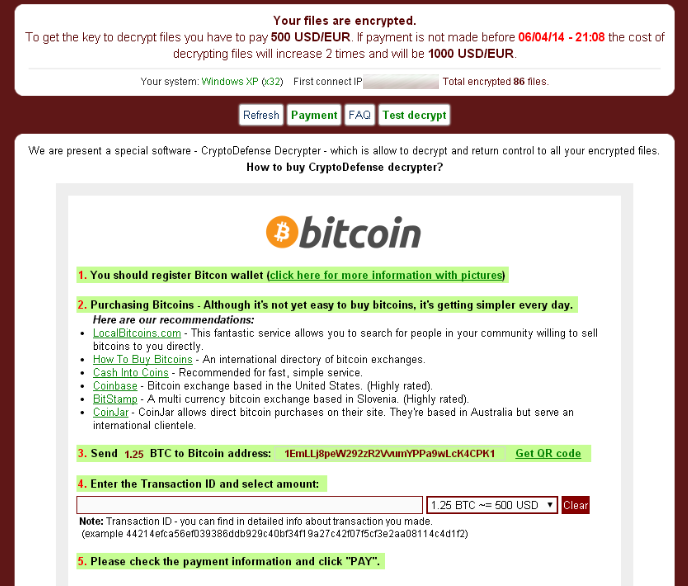Scammers Blitz Brits with Bogus Invoices

Scammers targeted Brits’ banking information with a malicious spam campaign that accounted for 0.5 percent of 3 million randomly chosen bogus messages in a matter of hours.
The e-mails hint at an alleged missed invoice and urge users to check attached files. Doing so infects users’ systems because the attachments hide a downloader of malware.
The downloader Trojan (detected by Bitdefender as Trojan.Doawnloader.JQNF) sometimes fetches a variant of the banking Trojan Zeus while other times it downloads variants of the CryptoDefense ransomware.
Zeus is often used to grab banking information via man-in-the-browser or keystrokes snatching attacks; sometimes Zeus also installs the CryptoLocker ransomware that encrypts a person’s files until a sum of money is paid. In some cases, scammers ask for as much as 1,000 dollars/euros or 1.25 bitcoins.
In the first week of March, Bitdefender Anti-Spam Lab flagged 10,000 tax-related e-mails that promised Brits money while stealing sensitive authentication or money-related data either via phishing forms or by deploying variants of the same Zeus Trojan.
As a rule of thumb, people should NEVER open attachments that come in e-mail, especially if they refer to money, invoices or payment notifications and they haven’t been explicitly requested.
Keeping the OS and the antivirus up to date will offer an extra layer of protection in such cases, by marking unsolicited bogus e-mails as spam, by clocking any phishing forms asking for sensitive data or any malicious software they gets phished in spam e-mails.
This article is based on spam samples provided courtesy of Ionut-Daniel RAILEANU, Bitdefender Anti-Spam Researcher and the technical information provided by Doina Cosovan, Bitdefender Virus Analyst.
tags
Author
A blend of product manager and journalist with a pinch of e-threat analysis, Loredana writes mostly about malware and spam. She believes that most errors happen between the keyboard and the chair.
View all postsRight now Top posts
Outpacing Cyberthreats: Bitdefender Together with Scuderia Ferrari HP in 2025
March 12, 2025
Streamjacking Scams On YouTube Leverage CS2 Pro Player Championships to Defraud Gamers
February 20, 2025
How to Identify and Protect Yourself from Gaming Laptop Scams
February 11, 2025
Your Device ‘Fingerprint’ Will Go to Advertisers Starting February 2025
December 24, 2024
FOLLOW US ON SOCIAL MEDIA
You might also like
Bookmarks








